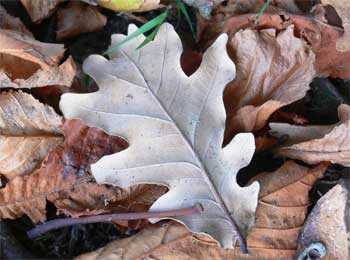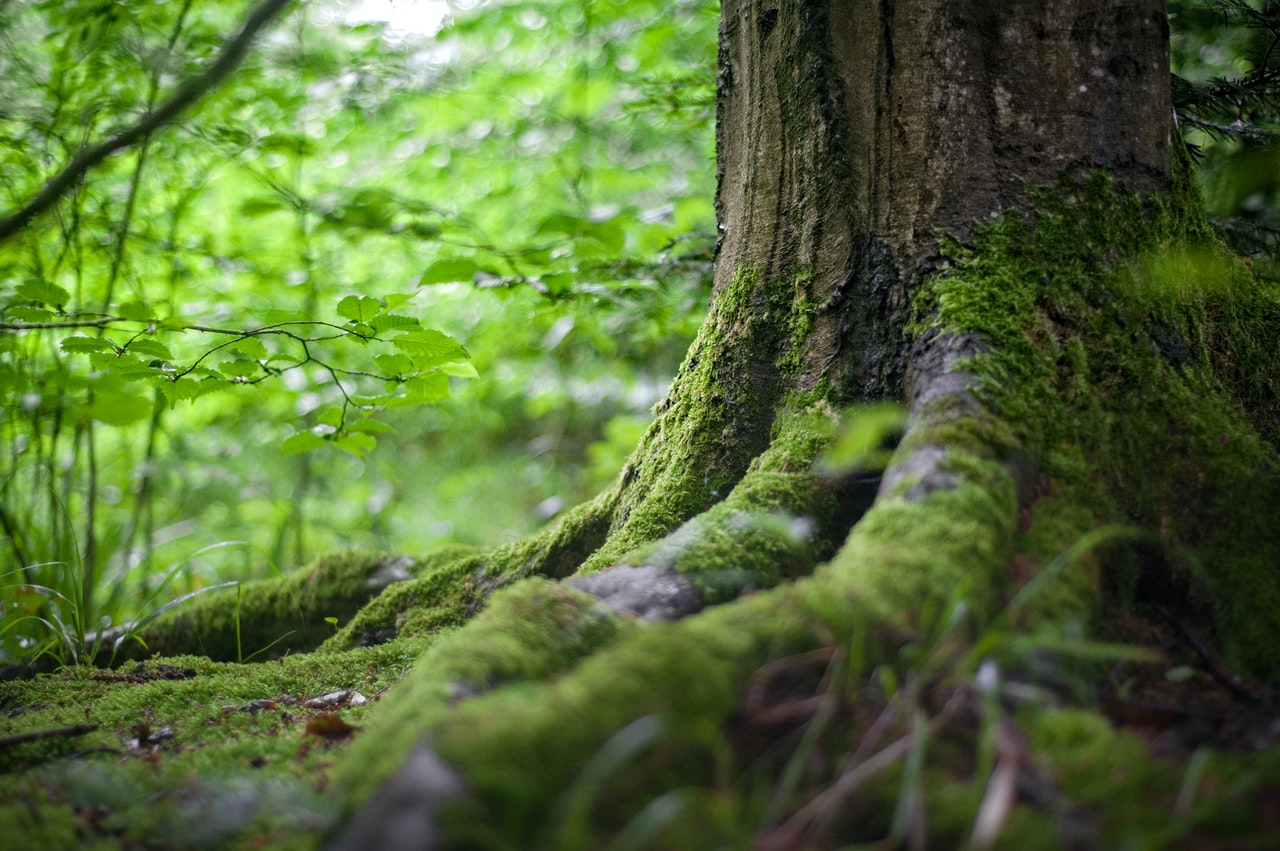Britain’s most popular tree: and the winner is…
- Complaining about the Mainland - 17th August, 2024
- New island designation – is it just greenwash? - 26th April, 2024
- Police and Crime Commissioners – a solution or a problem? - 21st April, 2024
Yes, friends, it’s another popular talent contest. The government wants to identify the country’s favourite urban tree. You’re hoping, aren’t you, for one of those votes on prime TV slots, hosted doubtless by ubiquitous midget conservationist Bill Oddie. Perhaps you’re already reaching for your phone, where you can dial the RangerLine on 0898-RANGER and vote for your most cutest, cuddliest tree. Which stately specimen will take the crown? Will it be the London Plane, synonymous with the centre of the empire? Or will the graceful Horse Chestnut, delight of boys in parks across the land, take the vote? But surely the mighty English Oak, centre of the village green, will prevail? After all, who won the war anyway?

Oh no. Put your telephones down. This time all your user participation has been shunned. No interactive surveys here: the government has commissioned some work to find out which is the tree most popular in our towns, by actually getting local tree officers to count the things. The Trees in Towns II report is a new survey of urban trees in England and their condition and management. It’s a massive bit of work covering most of England, and you can read a whole lot of it online here. There’s plenty in it, including gems such as:
Comparisons with data from the 1992 survey show a big reduction in the percentages of trees in the youngest age bands and a corresponding increase in the percentage of trees aged 10-50 years. These results indicate that the high rates of urban tree planting undertaken in the 10 year period from 1983 to 1992 were not maintained in the 1995-2004 period.
Was this a result of the 1987 storm? Did the loss of so many of our beloved trees (in the south east anyway) spur us on to plant more trees… and then forget it? The report is a starting point – it does not provide many answers to ‘why?’ questions, although there is plenty of analysis. As is often the case with any big body of data, it’s interesting enough to raise as many new questions as it answers old ones. But never mind that: you want to know the most popular tree, do you not? Well, the list of most popular trees inevitably caught The Ranger’s eye, and reads:
The six most frequently recorded species, in order, were: Leyland cypress (x Cuprocyparis leylandii) (12.3% of all trees and shrubs) Hawthorn (Crataegus spp.)(6.3%) Sycamore (Acer pseudoplatanus) (5.7%) Silver birch (Betula pendula)(4.6%) Common ash (Fraxinus excelsior) (4.1%) Privet (Ligustrum spp.) (3.7%).

Yes, really. Our favourite tree is Leyland cypress, commonly known as the dreaded leylandii. Just to make it even worse for The Ranger, Leyland cypress densities were highest in the south-east of the country and lowest in Yorkshire and The Humber. Marvellous. It’s really quite dispiriting, twenty years after the great tree-planting phase of the 1980s and 90s, to learn these statistics. Luckily, it’s never too late to do something about it. Here’s The Ranger’s top tree planting tip: trees are cheap or even free if you plant them in winter. If you fancy planting a tree this season, NOW is the time, before the leaves come out. Get a nice little native tree, bare-rooted for cheapness if you like, and pop it in some corner somewhere. Plenty of guidance here. If you have access to any, you could even dig up a sapling from somewhere in your garden where it is bound to fail (such as sheltered under a big tree or hedge) and move it to a suitable location. That’s free! Don’t buy massive pot-grown garden-centre trees if you can avoid it, they cost a lot of money and are little better. We can’t let the leylandii win next time, so go on, let’s skew the statistics!


er, sorry – clearly got distracted – brain isn’t what it was – which was’t much to begin with!
So,
Or do we need a health & safety check – as a result of which clearly many trees have failed and have since become firewood? There aren’t many about – mind you on Jersey there isn’t much room for large trees and if there are I bet they are behind locked gates in large gardens that rarely get walked in – but then that’s just me being cynical or is it jealousy…
Well silver birch still my fav. – one day I will plant a grove of them with a bench in the middle so I can sit and listen to the rustle of leaves (they have the best rustle IMO)and watch the dappled sunlight…
OK I’m done now. 😀
My favourite tree is any that can be climbed (although I tend not to do that these days I really would break them!)- these are definately scarce – is this because we all climbed trees in the past – and have since broken off all the climbable branches through excessive swinging and hanging, or can’t get passed the irate old ladies & men telling is to stay away cos they just planted bulbs there or something! Or is it because we need a health and safety check first??
Actually for prettiness it’s the silver birch for me – not very climable though! 😀
I’d wager a bet that the casualties among the youngest trees have not a little to do with vandalism.
The Ranger says: errr… possibly, but that’s not what these figures demonstrate. The report says the reason there are fewer younger trees than there were 15 years ago is that the trees have got older, and a corresponding number of young ones were not planted. It’s possible that vandalism has had an impact on these statistics but it’s unlikely to be significant given the scale of this survey. In my experience drought has been a far more significant factor than vandalism in terms of sheer numbers of failures; although vandals are more annoying!